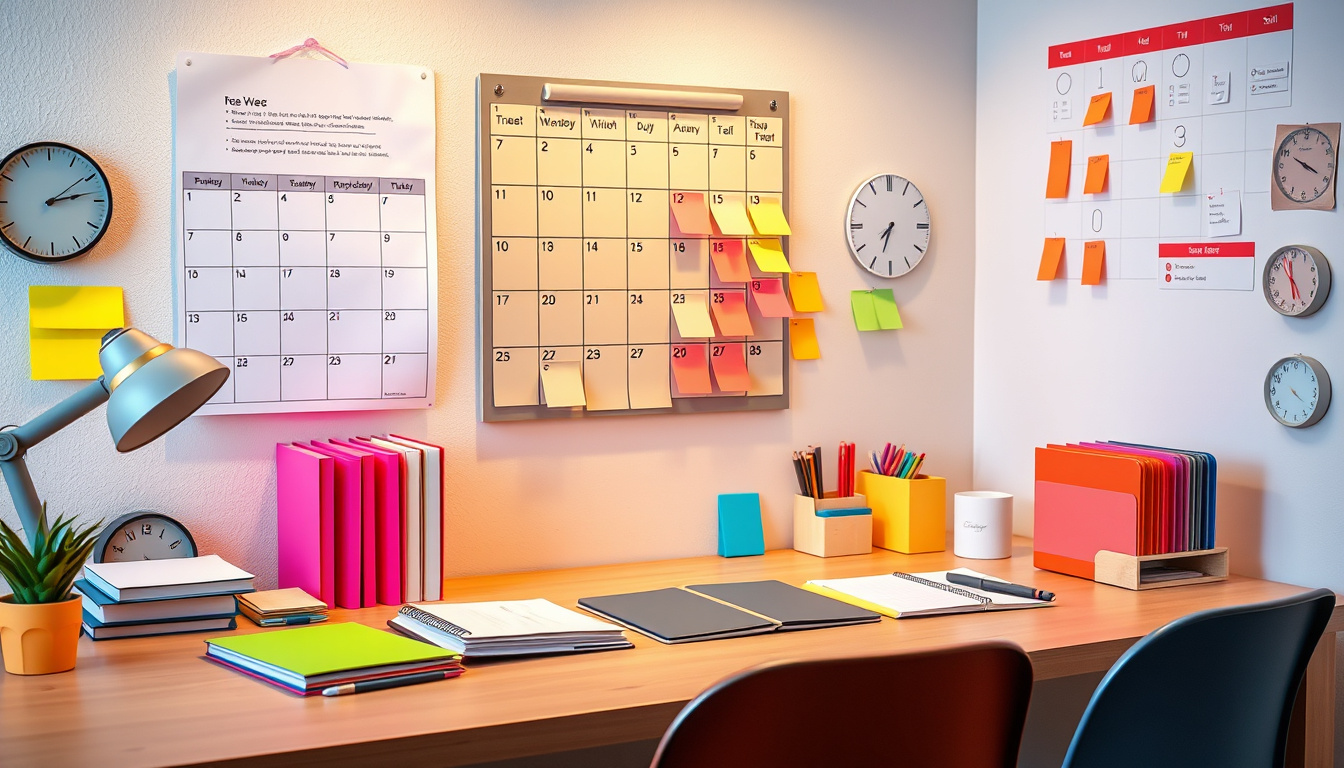In the fast-paced world of legal practice, the role of a legal receptionist for trial lawyers is often underestimated. This pivotal position is not just an entry-level job; it serves as the backbone of a law firm, setting the tone for client interactions and managing the daily operations that keep a legal office running smoothly. A competent legal receptionist can make a lasting first impression, which is crucial in a field where credibility and trust are paramount. In this article, we will delve into the essential skills that every legal receptionist should possess, explore the importance of first impressions in law firms, and highlight the value of continuous professional development in this ever-evolving profession.
<img src='https://im.runware.ai/image/ws/2/ii/e8570112-d5a9-4a1d-b085-5aa2e4f46ce
1.jpg’ alt=’Essential Skills of a Legal Receptionist for Trial Lawyers: Elevate Your Law Firm’s First Impressions’ style=’display: block; margin: auto; max-width: 100%; height: auto;’>
Key Takeaways
- A legal receptionist plays a crucial role in shaping first impressions for trial lawyers.
- Key skills for a legal receptionist include strong communication, organization, and time management.
- First impressions can significantly impact a law firm’s reputation and client retention.
- Effective client interaction is essential for a legal receptionist to create a welcoming environment.
- Continuous learning and professional development are vital for legal receptionists to stay relevant in the legal field.
Understanding the Role of a Legal Receptionist
The role of a legal receptionist for trial lawyers is crucial in the smooth operation of a law firm, particularly in environments where preparation for court proceedings is of utmost importance. This professional acts as the first point of contact for clients, witnesses, and opposing counsel, setting the tone for the firm’s image. Beyond standard reception duties, including answering phones and managing schedules, a legal receptionist must possess a strong understanding of legal terminology, court protocols, and case management software. They play a vital part in organizing trial documents, filing motions, and ensuring that lawyers are equipped with all necessary materials ahead of court dates. By efficiently managing communications and administrative tasks, a legal receptionist for trial lawyers ensures that legal teams can focus on developing compelling cases and represent their clients effectively in court.
Key Skills Necessary for a Legal Receptionist
A legal receptionist for trial lawyers plays a crucial role in the efficient functioning of a law firm, acting as the first point of contact for clients and visitors. To excel in this position, several key skills are necessary. First and foremost, strong communication skills are essential, as the legal receptionist must effectively convey information between clients, lawyers, and other staff members. Additionally, attention to detail is critical, especially when handling sensitive legal documents and scheduling appointments, as inaccuracies can lead to significant legal repercussions. Proficiency in legal terminology and an understanding of court procedures are also invaluable, enabling the receptionist to better assist trial lawyers and support the case preparation process. Moreover, a solid foundation in technology, including familiarity with case management software, can enhance productivity and streamline operations within the firm. Lastly, excellent organizational skills help manage multiple tasks efficiently in the fast-paced environment of a law office, making the legal receptionist a pivotal player in ensuring smooth day-to-day operations.
‘You never get a second chance to make a first impression.’ – Will Rogers

The Importance of First Impressions in Law Firms
In the competitive world of law firms, the significance of first impressions cannot be overstated, especially when it comes to the role of a legal receptionist for trial lawyers. Often the first point of contact for clients, a skilled receptionist sets the tone for the entire client experience. Their ability to create a welcoming atmosphere not only fosters trust but also establishes the professionalism of the firm. A proficient legal receptionist is adept at managing the demands of a bustling environment while ensuring that each visitor feels valued and understood. This pivotal role is essential for trial lawyers who rely on effective communication and organization to build strong client relationships, ultimately influencing the firm’s reputation and success in the courtroom.
Communication Skills and Client Interaction
In the dynamic legal environment, the role of a legal receptionist for trial lawyers extends far beyond mere administrative support; it is crucial for excellent communication skills and effective client interaction. A legal receptionist serves as the first point of contact between clients and the law firm, making their communication abilities paramount in setting the tone for client experiences. They must be adept at understanding clients’ needs, conveying vital information clearly, and managing inquiries with professionalism and empathy. By employing active listening techniques, a legal receptionist can ensure that clients feel heard and valued, which is essential in building strong attorney-client relationships. Additionally, they need to navigate sensitive information with discretion, ensuring confidentiality while facilitating seamless communication between trial lawyers and their clientele. Thus, mastering effective communication skills not only enhances client satisfaction but also supports lawyers in achieving successful case outcomes.

Organizational Skills and Time Management
Organizational skills and time management are crucial for a successful legal receptionist for trial lawyers. In a fast-paced legal environment, the ability to efficiently manage schedules, files, and communications can significantly impact case outcomes and client satisfaction. A legal receptionist must prioritize tasks effectively, juggling numerous responsibilities such as booking court dates, handling client inquiries, and maintaining case files. Tools like digital calendars and task management software can help streamline these processes, allowing legal receptionists to minimize stress and avoid missed deadlines. Moreover, strong organizational skills enable them to track important documents and case details, ensuring that trial lawyers have immediate access to vital information when it matters most. By mastering organizational skills and time management, a legal receptionist can enhance the overall efficiency of a law firm and contribute to the successful representation of their clients.
Continuous Learning and Professional Development for Legal Receptionists
In the fast-paced legal environment, the role of a legal receptionist for trial lawyers is critical not only for the smooth operation of the office but also for ensuring that clients receive exemplary service. Continuous learning and professional development are essential for legal receptionists to keep pace with the complexities of the legal field. Pursuing ongoing education through specialized training programs, attending legal seminars, and gaining certifications can significantly enhance a receptionist’s skill set. By familiarizing themselves with legal terminology, case management software, and client interaction techniques, receptionists can better support trial lawyers and contribute to a more efficient workflow. Additionally, embracing technology trends, such as virtual reception services and case management tools, can further distinguish a legal receptionist in this competitive landscape, ultimately leading to improved outcomes for both the legal team and their clients.


